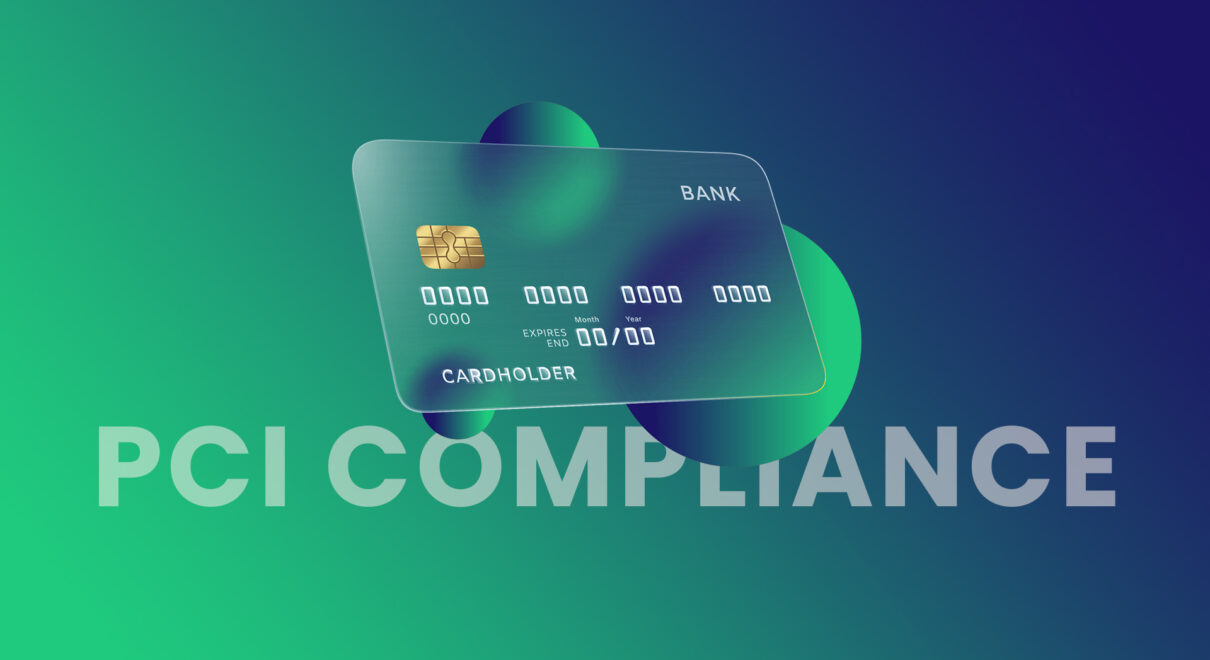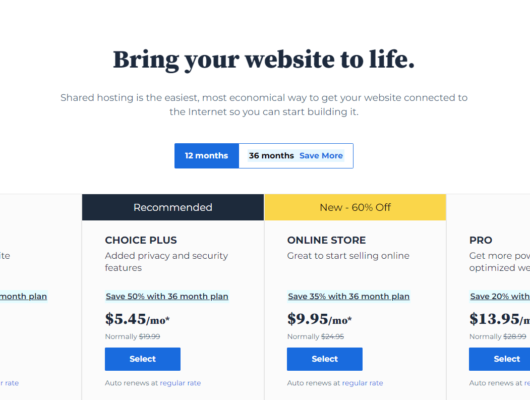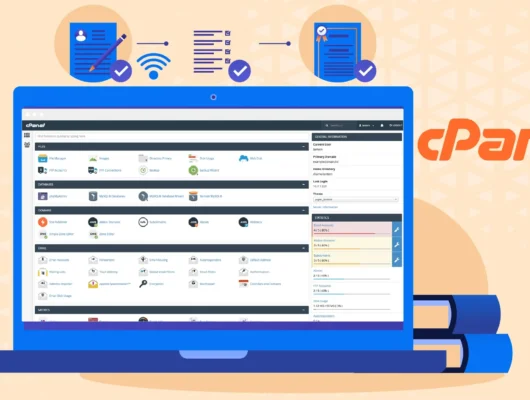In online business, keeping customer payment information safe is very important. PCI DSS compliant hosting helps protect payment card data during transactions.
This article explains why PCI DSS compliance is important and how it helps keep your e-commerce store secure.
What is PCI DSS Compliance?
PCI DSS stands for Payment Card Industry Data Security Standard. It’s a set of rules designed to protect credit card information during transactions.
Why PCI DSS Compliance is Important
When customers shop online, they provide sensitive data like credit card numbers. Ensuring PCI DSS compliance means protecting this data from hackers and malicious activities.
Preventing Data Breaches
A data breach can harm your business and reputation. By following PCI DSS standards, hosting providers use strong security methods to prevent breaches and protect customer information.
Secure Transactions for Customers
Customers expect their payment details to be safe. PCI DSS compliant services help secure online transactions, boosting customer confidence.
Encryption and SSL
PCI DSS compliant hosting uses encryption, such as Secure Socket Layer (SSL), to protect data during transmission. This makes it harder for unauthorized parties to steal sensitive information.
Regular Security Checks
Providers who follow PCI DSS guidelines perform regular security audits, ensuring vulnerabilities are identified and fixed promptly.
Physical Security
PCI DSS compliance also covers physical security, ensuring that data centers have access restrictions and surveillance to protect servers.
Third-Party Security
If you use third-party services for payment processing, PCI DSS compliance ensures these services also meet high security standards to protect your customers’ data.
Quick Response to Issues
PCI DSS compliant hosting includes predefined plans for quick response to any security issues, helping you resolve problems efficiently and minimize risks.
Business Continuity
In case of problems, PCI DSS compliance ensures your business can recover quickly and keep running smoothly without disruption.
Read more about High-performance online store hosting…
Conclusion
PCI DSS compliance is essential for securing your e-commerce business. It keeps customer data safe, prevents breaches, and helps you build trust with your customers.






